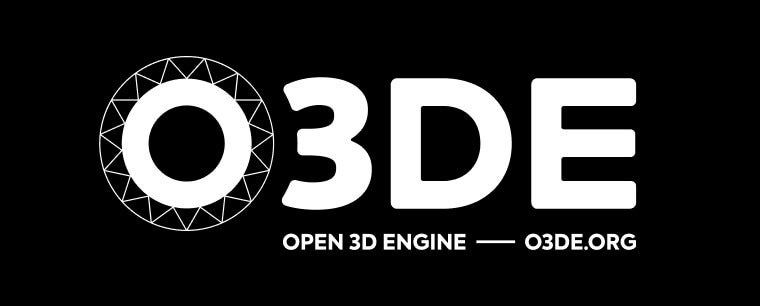Unity’s new runtime fee policy is widely hated. It failed to soothe users with an explainer last week, so a more drastic change is coming – perhaps even a U-turn.
Unity Issues Apology for New Runtime Fee Policy, Promises Changes : Read more
Unity Issues Apology for New Runtime Fee Policy, Promises Changes : Read more




